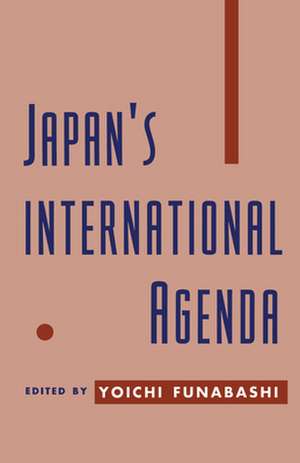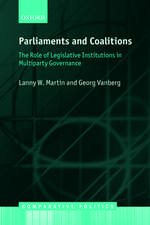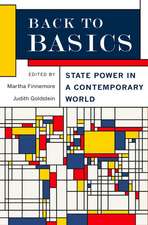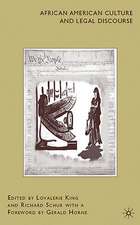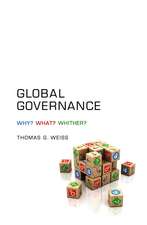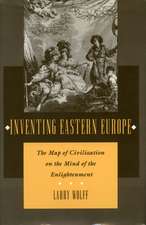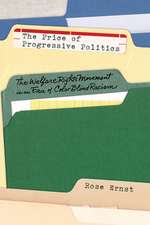Japan`s International Agenda
Autor Yoichi Funabashien Limba Engleză Hardback – 30 iun 1994
| Toate formatele și edițiile | Preț | Express |
|---|---|---|
| Paperback (1) | 208.58 lei 6-8 săpt. | |
| MI – New York University – 30 iun 1995 | 208.58 lei 6-8 săpt. | |
| Hardback (1) | 523.64 lei 6-8 săpt. | |
| Wiley – 30 iun 1994 | 523.64 lei 6-8 săpt. |
Preț: 523.64 lei
Preț vechi: 680.04 lei
-23% Nou
Puncte Express: 785
Preț estimativ în valută:
100.20€ • 107.15$ • 83.54£
100.20€ • 107.15$ • 83.54£
Carte tipărită la comandă
Livrare economică 17 aprilie-01 mai
Preluare comenzi: 021 569.72.76
Specificații
ISBN-13: 9780814726136
ISBN-10: 0814726135
Pagini: 216
Dimensiuni: 152 x 229 x 15 mm
Greutate: 0.43 kg
Editura: Wiley
ISBN-10: 0814726135
Pagini: 216
Dimensiuni: 152 x 229 x 15 mm
Greutate: 0.43 kg
Editura: Wiley
Recenzii
"The young Japanese academics who produced Japan's International Agenda ... believe Japan is an introverted society that has to change its habits and its self-image now that it has great economic power. ...Unfortunately ... the politicians ... are probably far too busy to read mind- stretching books like Japan's International Agenda."
Far Eastern Economic Review
"The young Japanese academics who produced Japan's International Agenda ... believe Japan is an introverted society that has to change its habits and its self-image now that it has great economic power. ...Unfortunately ... the politicians ... are probably far too busy to read mind- stretching books like Japan's International Agenda." --Far Eastern Economic Review
Far Eastern Economic Review
"The young Japanese academics who produced Japan's International Agenda ... believe Japan is an introverted society that has to change its habits and its self-image now that it has great economic power. ...Unfortunately ... the politicians ... are probably far too busy to read mind- stretching books like Japan's International Agenda." --Far Eastern Economic Review
Textul de pe ultima copertă
What is Japan's political role in the world? Over the past decade, Japan has been increasingly pressured to assume more financial and political burdens globally. Its foreign policy has thus evolved in a piecemeal manner, around the question of "managing foreign pressures". To date, policy has been largely developed by bureaucrats, who are traditionally responsible for public policy in Japan. The lack of a clear set of foreign policy objectives, however, has made it impossible for the bureaucracy to play its previous role as the arbiter of public interests. Today, there is increased recognition that in a more pluralistic society, nongovernmental public policy specialists are needed to provide a more integrated and longer-term vision of foreign policy goals. This book represents the first private and nongovernmental indigenous effort to stimulate public debate of Japanese foreign policy. Japan's International Agenda makes a distinctive contribution to the foreign policy debate. Its contributors are younger Japanese non-governmental foreign affairs specialists, each with considerable international experience and a commitment to the belief that significant policy reforms are essential. As a statement of Japan's ability to contribute substantially to international policy debates on such broad questions as security and trade and development, Japan's International Agenda will enable scholars and experts in North America, Europe, the Asia-Pacific region, and elsewhere to engage in substantive dialogue on critical public policy issues with their Japanese counterparts.
